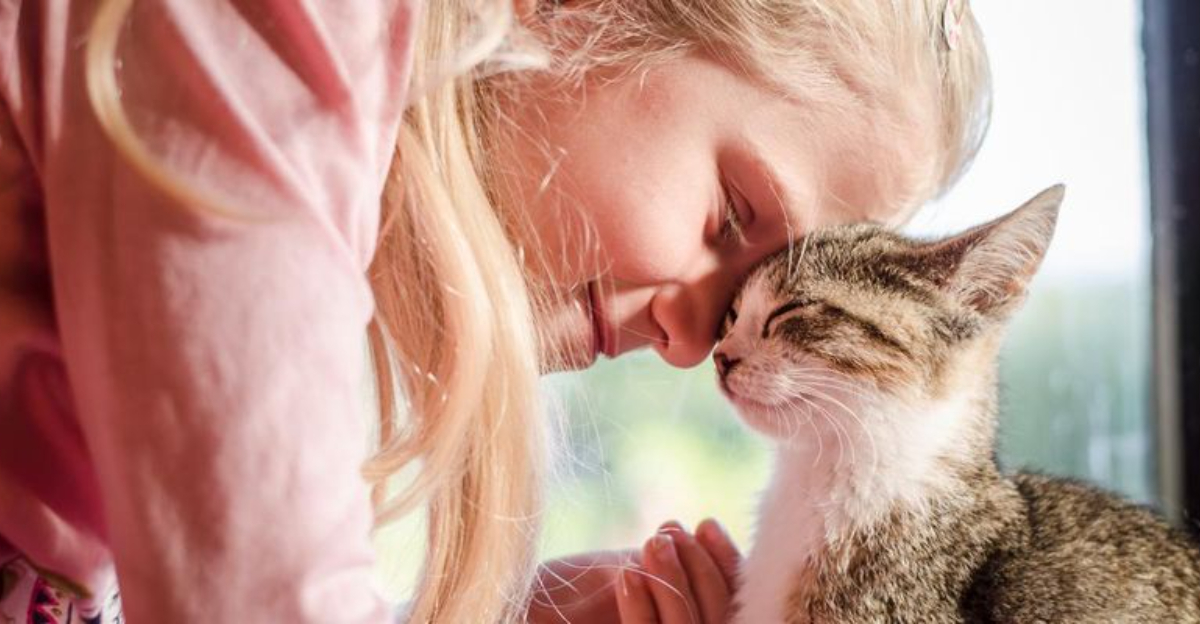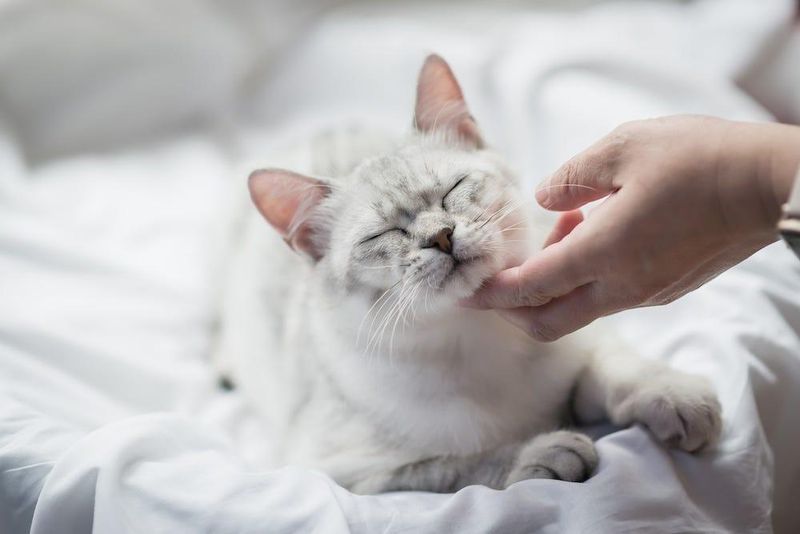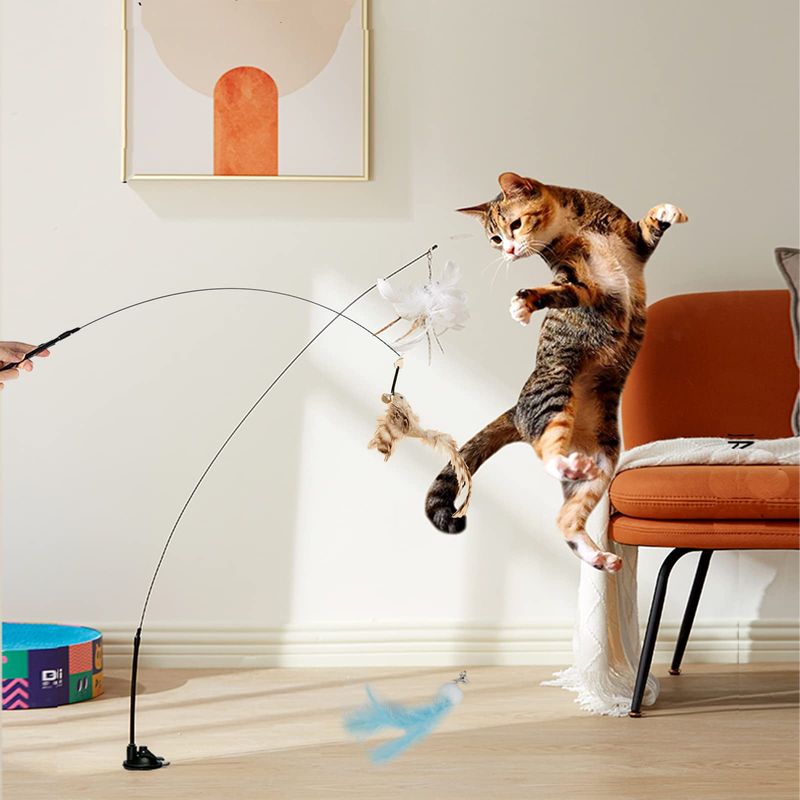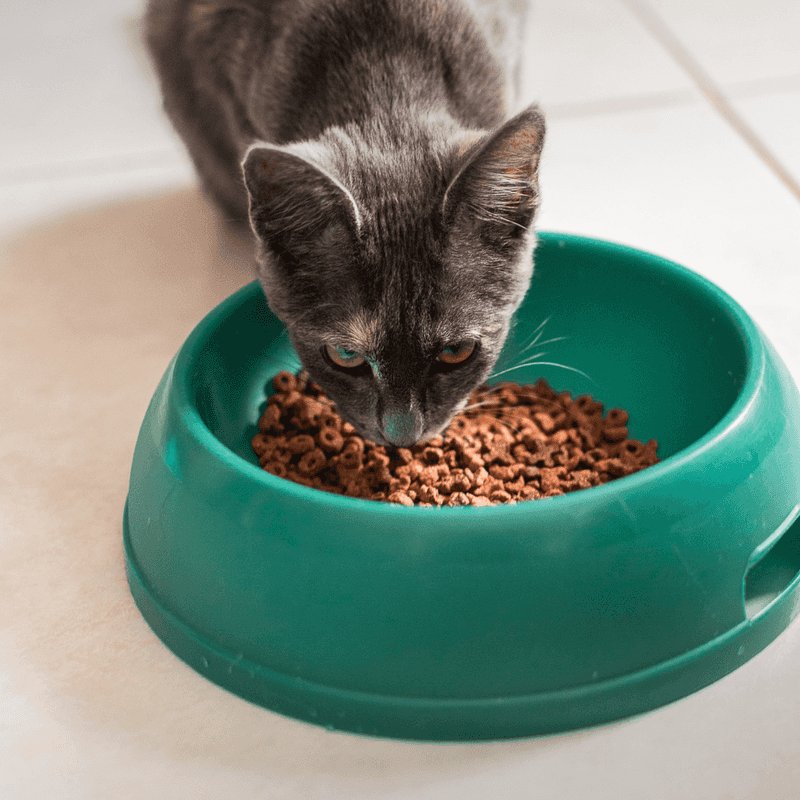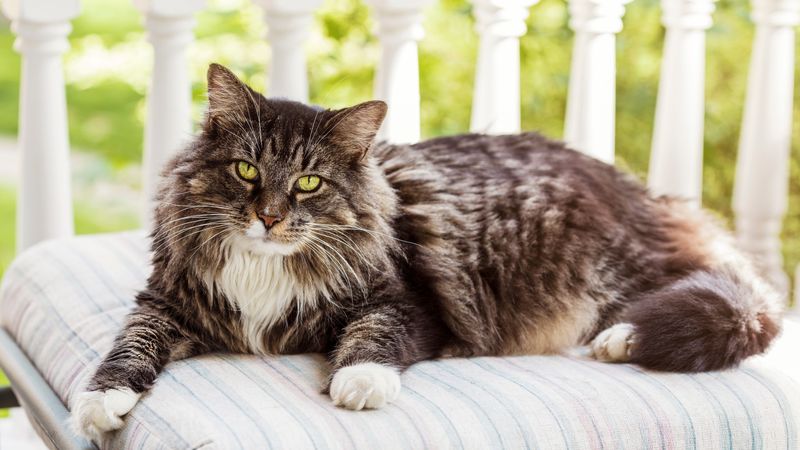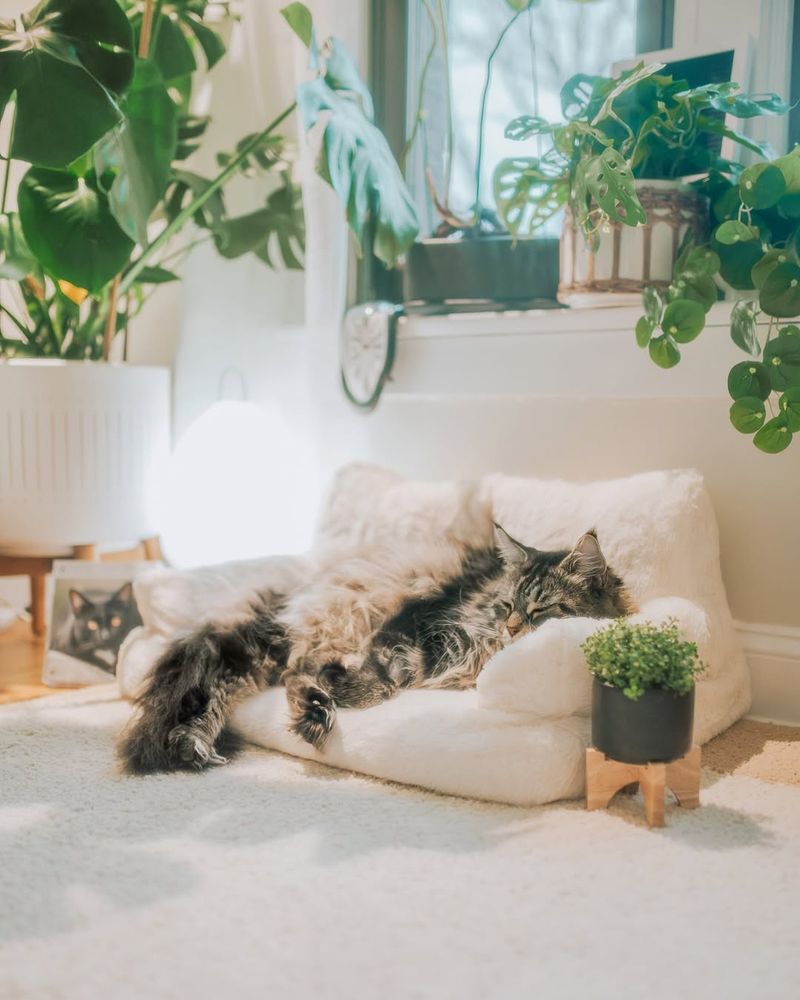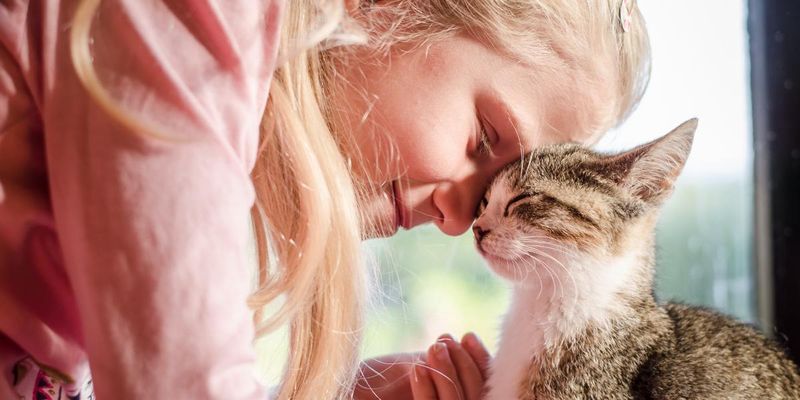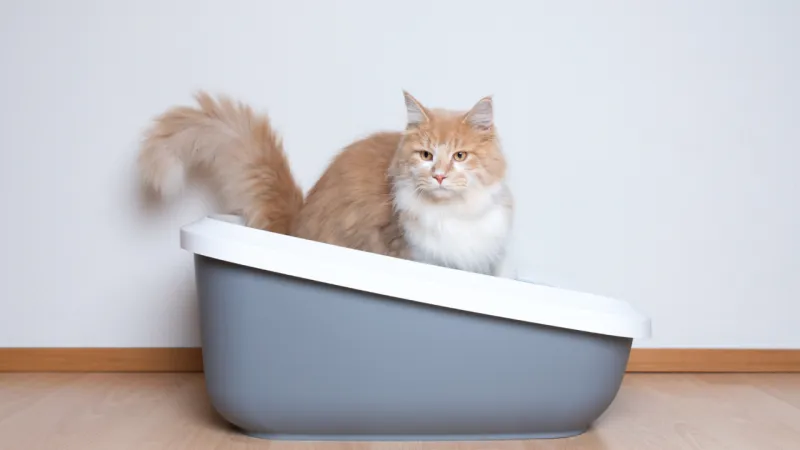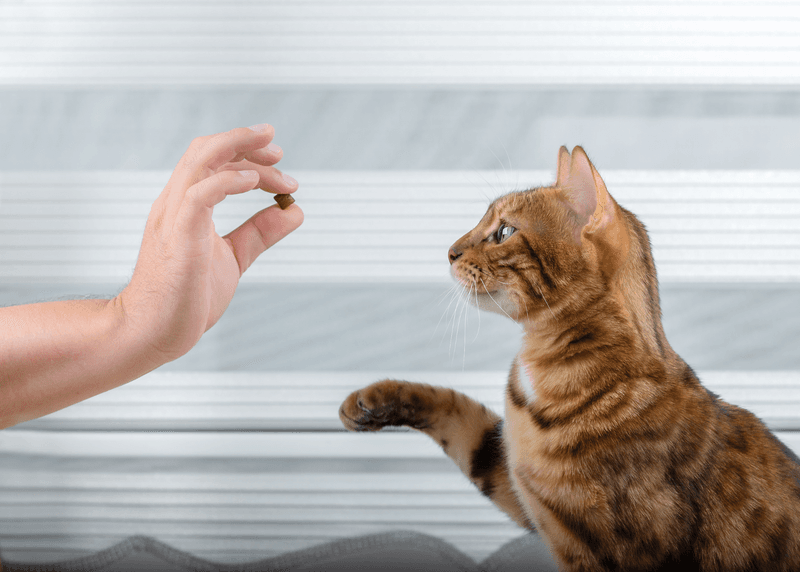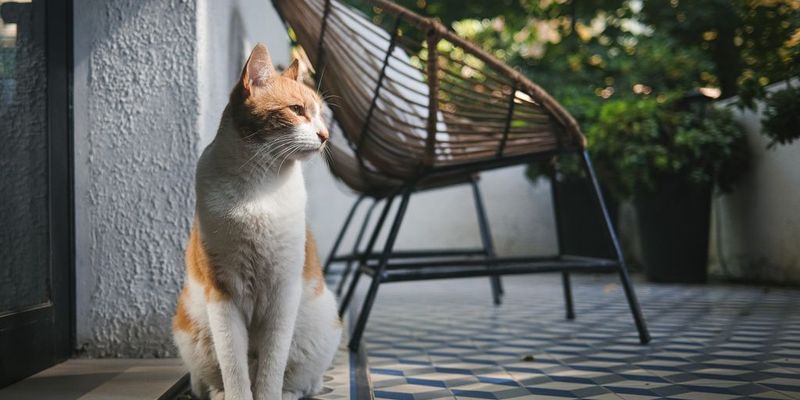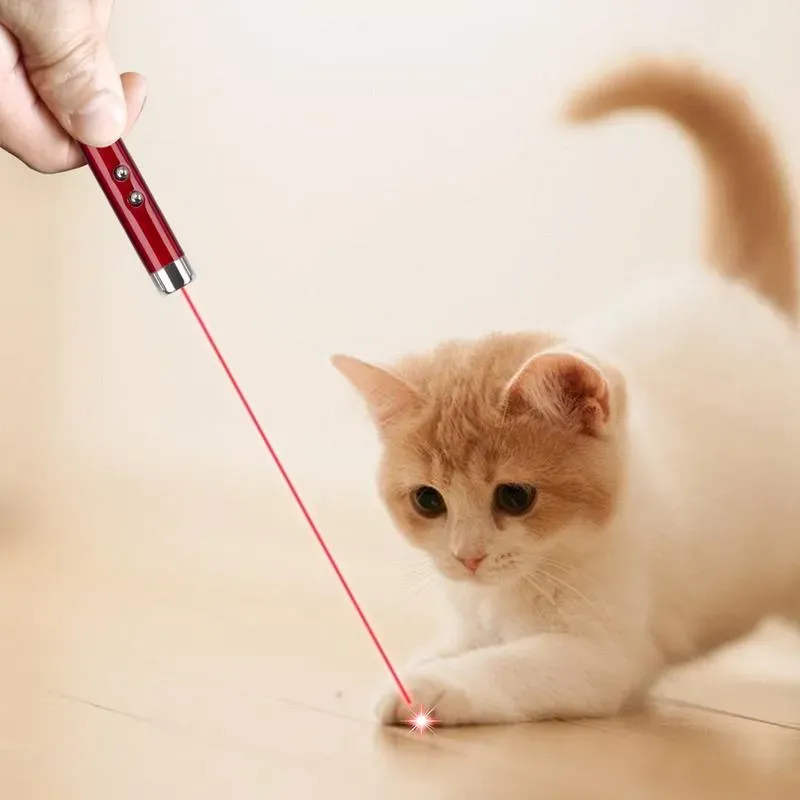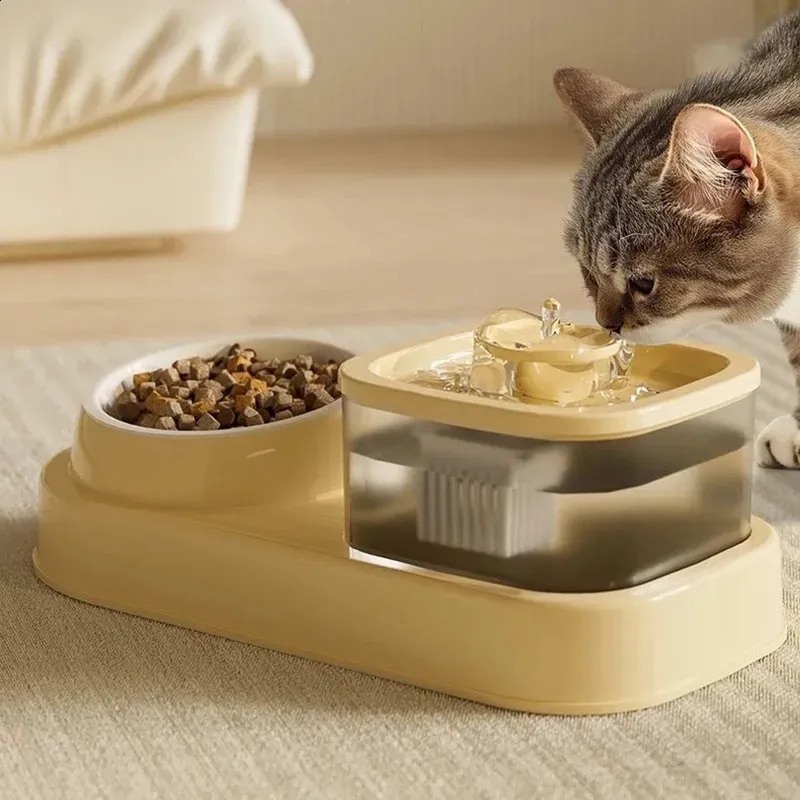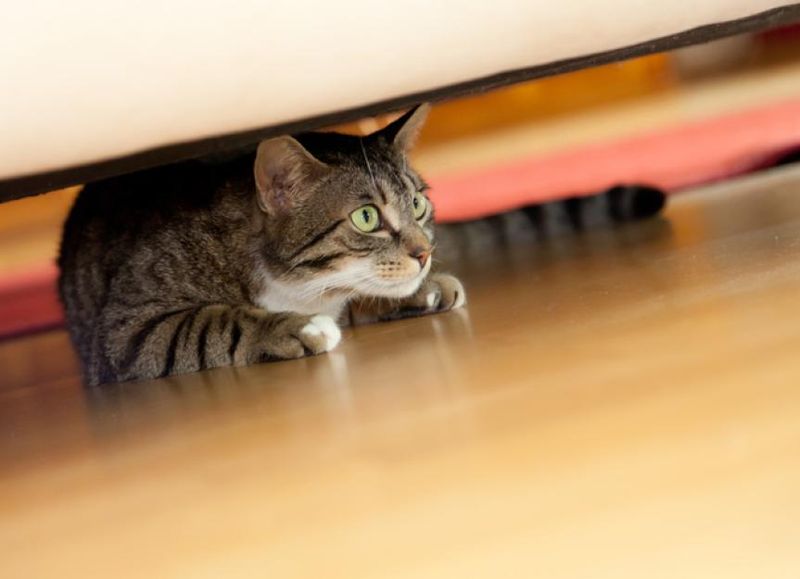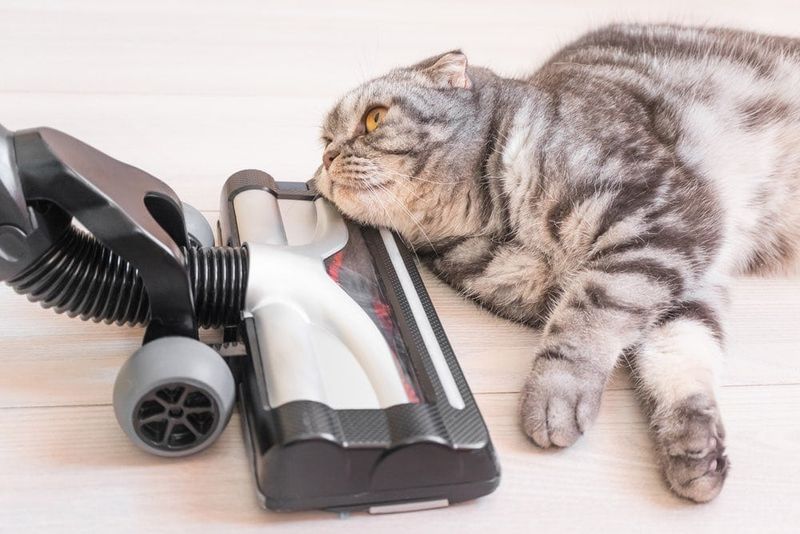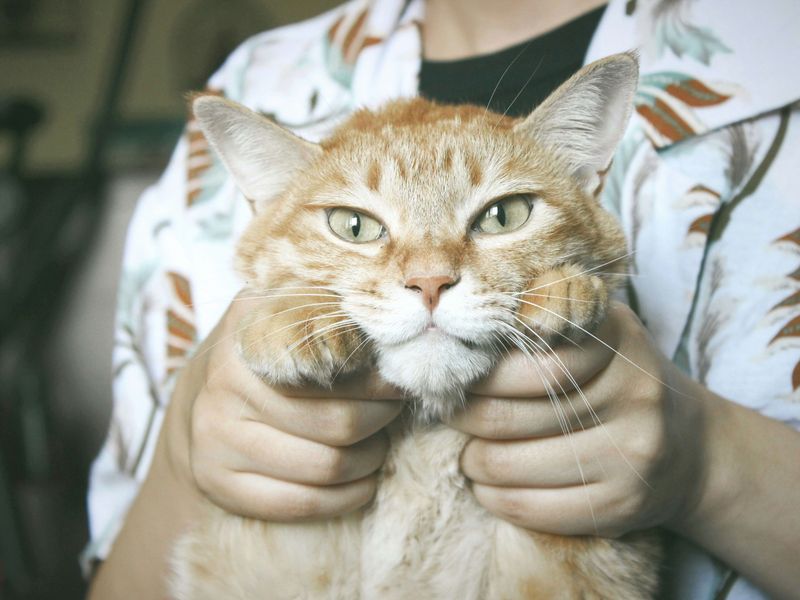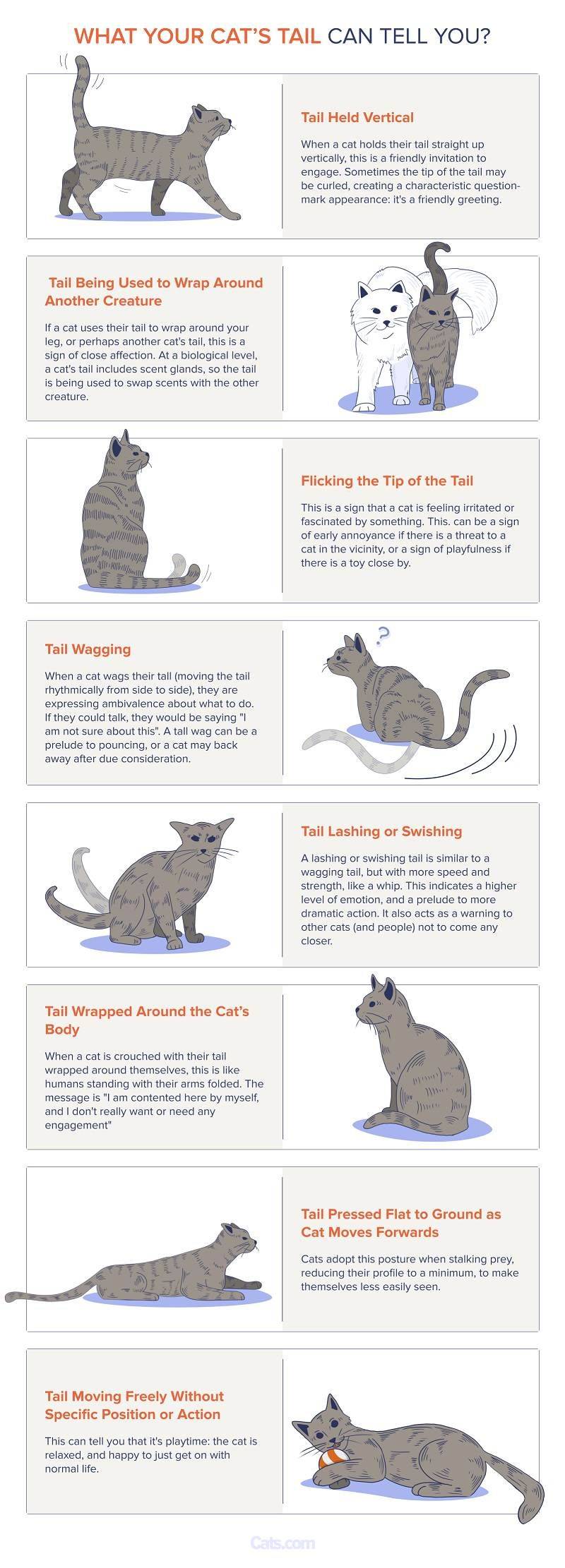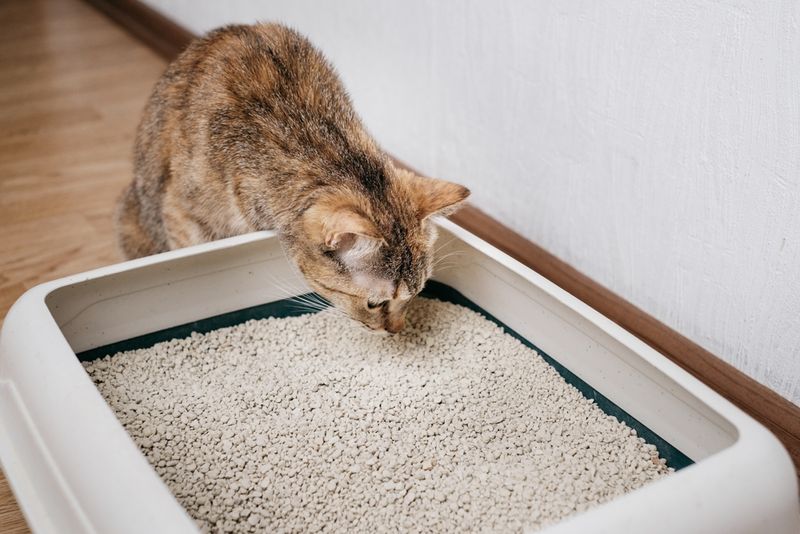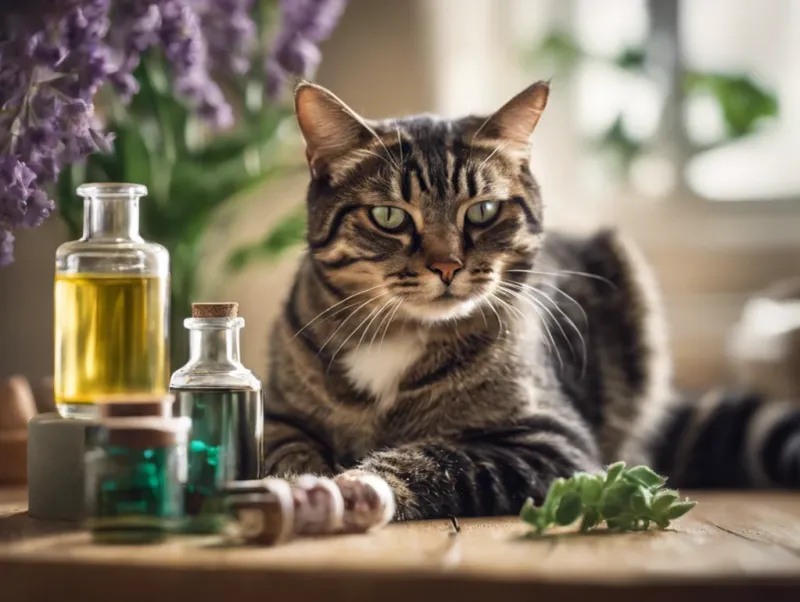📖 Table of Content:
- 1. Gentle Petting
- 2. Interactive Play
- 3. Consistent Routine
- 4. Quiet Environment
- 5. Personal Space
- 6. Respectful Interaction
- 7. Clean Environment
- 8. Positive Reinforcement
- 9. Comfortable Temperature
- 10. Interactive Toys
- 11. Affection on Their Terms
- 12. Clean Food and Water Bowls
- 13. Sudden Changes
- 14. Loud Noises
- 15. Forced Interactions
- 16. Ignoring Their Signals
- 17. Unclean Litter Box
- 18. Strong Scents
- 19. Dressing Them Up
Understanding the nuances of your cat’s likes and dislikes can transform your relationship with them. Cats are intuitive creatures, and knowing what they appreciate versus what irritates them is key to a harmonious home life. Here, we delve into 12 things cats love and 7 they could do without.
1. Gentle Petting
Imagine soft fingertips gliding over a cat’s head. This gentle petting, especially around the chin and head, is adored by cats. They have sensitive bellies, so aggressive petting or reaching for their stomachs can cause discomfort. Cats communicate their enjoyment through purring and nuzzling when pleased. This tactile interaction strengthens the bond with your feline friend, fostering a sense of security and affection. Remember, respect is crucial; always let your cat guide the interaction to ensure comfort and trust. This gentle art of petting is both calming for them and a delightful experience for you.
2. Interactive Play
Picture a cat leaping and pouncing with joy. Interactive play with toys like feather wands or laser pointers mimics the thrill of the hunt. This activity satisfies their instinctual need for mental and physical stimulation. Engaging in play sessions not only entertains but also helps maintain a healthy weight. These playtimes forge a deeper connection between you and your cat, as they associate you with fun and excitement. Keep the games varied to maintain their interest and always ensure the play ends on a positive note, leaving your cat content and eager for the next session.
3. Consistent Routine
A cat thrives on predictability. Consistent feeding times and daily activities provide a sense of security and reduce anxiety. Cats are sensitive to changes, and maintaining a routine helps them manage expectations. This reliability translates to a calm and content feline, reducing unwanted behaviors that often stem from uncertainty. The predictability of a routine also aids in monitoring their health and behavior changes. By committing to a consistent schedule, you’re giving your cat a stable environment where they can flourish both emotionally and physically, creating a peaceful coexistence.
4. Quiet Environment
Envision a serene room filled with sunlight and the softest whispers of sound. Cats, with their acute hearing, favor calm environments free from jarring noises. Loud sounds can spike their stress levels, leading to anxiety or even health issues over time. Providing a quiet retreat helps them relax and feel safe, fostering a sense of well-being. Creating this sanctuary involves minimizing disruptive sounds and respecting their need for peace. In this tranquility, your feline companion can unwind, sleep soundly, and approach daily life with assurance and comfort.
5. Personal Space
Cats cherish the comfort of their own space. Providing a personal retreat, such as a cozy bed or a secluded nook, is essential for their emotional health. This safe haven allows them to unwind, retreat from overstimulation, and feel secure. Acknowledging their need for solitude respects their boundaries, enhancing trust and companionship. Just like humans, cats need moments to themselves, and offering them this space can significantly improve their overall happiness. It’s in these quiet moments that they recharge and return to their social life with renewed energy and affection.
6. Respectful Interaction
Imagine approaching a cat with the utmost respect for its autonomy. Allowing cats to initiate contact fosters trust and comfort, as they appreciate having control over their interactions. This mindful approach helps build a stronger bond, showing your feline you value their boundaries and individual needs. Respectful interaction involves reading their body language and responding appropriately, whether it’s a flick of the tail or a gentle purr. By honoring their signals, you nurture a relationship built on mutual respect and understanding, creating a harmonious living environment.
7. Clean Environment
Cleanliness is next to catliness. Regularly maintaining their litter box and living areas ensures a hygienic environment that cats appreciate. A clean space prevents health issues and promotes their comfort, reflecting your care and attention to their needs. Unkempt areas can lead to stress or avoidance behaviors. Keep their space tidy and fresh to show respect for their preferences. This nurturing environment not only pleases your cat but also enhances the aesthetic of your home. In turn, your feline friend will express their contentment through cuddles and a relaxed demeanor.
8. Positive Reinforcement
Rewarding a cat with treats or praise for good behavior is a powerful tool. This positive reinforcement strengthens the bond between you and your feline friend, creating an atmosphere of mutual respect and understanding. Cats quickly learn to associate certain actions with rewards, leading to desirable behavior patterns. This approach fosters trust and encourages continued cooperation, making daily interactions more enjoyable. By focusing on positive reinforcement, you nurture a loving relationship where your cat feels appreciated and secure, ultimately enhancing their happiness and your connection.
9. Comfortable Temperature
Cats adore warmth and often gravitate towards sunny spots or cozy blankets. This love for heat is deeply rooted in their physiology, as warmth aids in relaxation and comfort. Providing them with warm spaces to rest ensures their happiness and well-being. Whether it’s a sun-drenched window sill or a soft, heated bed, these cozy nooks allow your cat to unwind and feel at ease. By understanding and catering to their temperature preferences, you create a nurturing environment that supports their health and enhances their quality of life.
10. Interactive Toys
Interactive toys, like laser pointers or feather wands, captivate a cat’s imagination. These toys mimic the hunt, satisfying their instinctual drive and providing essential physical exercise. Engaging your cat with these playthings not only keeps them entertained but also strengthens the bond between you. It’s a delightful way to witness their agility and intelligence in action. Regular playtime sessions enhance their mental stimulation and overall happiness, ensuring a balanced and contented feline companion. Always supervise play to ensure safety and conclude with a tangible reward or treat.
11. Affection on Their Terms
Emphasizing affection on a cat’s terms is crucial. Some cats enjoy being held or cuddled, while others prefer solitary moments. Recognizing and respecting their preferences fosters trust and deepens your bond. Allowing them to dictate when and how they receive affection shows your understanding and respect for their individuality. This approach ensures interactions are pleasant and meaningful for both parties, reinforcing a positive relationship. By tuning into their body language and signals, you can create a loving environment where your cat feels valued and secure.
12. Clean Food and Water Bowls
Cats are particular about cleanliness, especially regarding their food and water bowls. Keeping these essentials spotless and filled with fresh content is vital for their health and satisfaction. A clean bowl prevents bacterial build-up, promoting better hydration and nutrition. This simple, daily gesture shows your attention to their needs, fostering trust and appreciation. In return, your cat will approach mealtime with enthusiasm, knowing their preferences are respected. Maintaining this standard of care supports their well-being and enhances the harmony within your home.
13. Sudden Changes
Cats thrive on routine and predictability. Sudden changes in their environment or schedule can cause anxiety and stress. They value consistency and the security it brings. A rearranged room or a new pet can unsettle them, leading to behavioral issues. By minimizing disruptions and introducing changes gradually, you help your cat adapt comfortably. Understanding their need for stability ensures a happier, more relaxed feline, reinforcing your role as their trusted companion. This stability fosters a secure environment where they can flourish, both mentally and emotionally.
14. Loud Noises
With ears attuned to the slightest sounds, cats find loud noises distressing. Sounds such as vacuum cleaners or blaring music can unsettle them, leading to heightened stress or fear. This sensitivity necessitates a quiet environment, where they feel safe and secure. Understanding this aversion allows you to create a peaceful home, free from unnecessary noise. By respecting their auditory sensitivity, you nurture a trusting relationship and provide the tranquility they crave. This thoughtful approach enhances their well-being and fosters a calm and harmonious living space.
15. Forced Interactions
Cats value their independence and resist forced interactions. Being picked up or cuddled without consent can lead to stress and mistrust. They thrive when allowed to choose their engagement level, approaching when they feel comfortable. Respecting their autonomy strengthens your relationship, showing you acknowledge their preferences. Recognizing the signs of discomfort, like twitching tails or pulling away, ensures interactions remain positive. This mutual respect fosters a sense of security, encouraging your cat to seek affection voluntarily, enhancing the bond you share.
16. Ignoring Their Signals
Cats communicate volumes through subtle signals. Ignoring these cues, such as flattened ears or a twitching tail, can lead to stress or aggression. Being attentive to these signs and responding appropriately prevents misunderstandings and fosters trust. This awareness shows respect for their emotional state and enhances your bond. By acknowledging their signals, you create a nurturing environment where your cat feels understood and valued. This attentiveness to their needs ensures a harmonious relationship, filled with mutual respect and affection, promoting a comfortable coexistence.
17. Unclean Litter Box
A clean litter box is essential for a cat’s comfort and health. An unclean space can lead to avoidance and health issues, disrupting their routine. Regular maintenance of their litter box reflects your care and attentiveness to their needs. This cleanliness ensures they feel respected and valued, fostering a trusting relationship. By providing a hygienic environment, you prevent unwanted behavior and enhance their well-being. This simple act of upkeep not only pleases your cat but also maintains the harmony of your home, ensuring your feline friend feels safe and comfortable.
18. Strong Scents
Cats possess an incredibly keen sense of smell, and strong scents can be overwhelming. Perfumes or intense cleaning products may deter them from certain areas, causing stress. Creating a scent-neutral environment helps them feel at ease, promoting relaxation and comfort. By choosing unscented products, you respect their sensitivities and enhance their living experience. This thoughtful consideration fosters a trusting bond and encourages a peaceful coexistence. Understanding their olfactory preferences ensures your home remains a sanctuary for your feline companion, filled with comfort and tranquility.
19. Dressing Them Up
While dressing up might seem cute, most cats find it uncomfortable and stressful. They value their freedom of movement, and clothing can restrict this, leading to agitation. Understanding their preference for a natural state fosters respect and trust in your relationship. Avoiding costumes ensures your cat remains relaxed and content, free from unnecessary discomfort. This consideration highlights your understanding of their needs, promoting a positive and harmonious environment. By respecting their individuality, you nurture a bond built on empathy and appreciation, ensuring your cat feels loved and valued.
